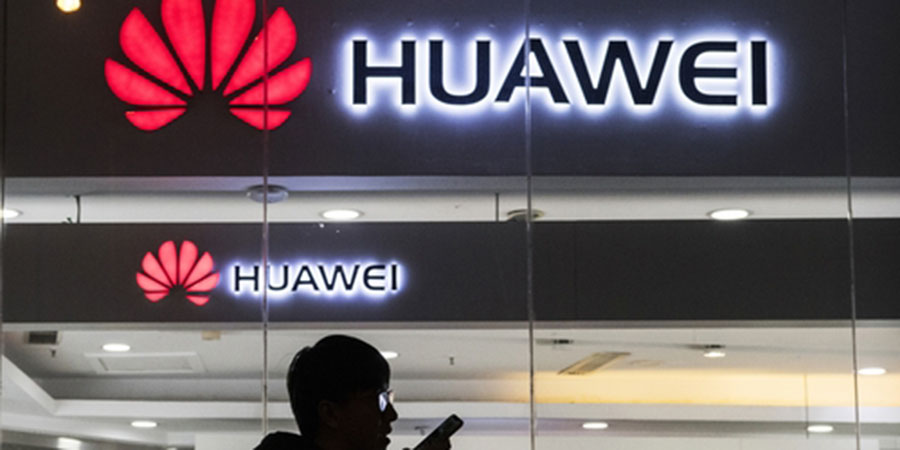Huawei said it will invest $1.2 billion in a chip research and manufacturing center in Britain that has been strongly opposed by the United States.
The privately-held Chinese technology giant said it received planning permission in Cambridge, eastern England, to erect a 50,000 square metre compound over nine acres (3.6 hectares).
“Ultimately, we want to help enshrine the UK's leading position in optoelectronics and promote UK tech on a global scale,” Huawei vice-president said in a company statement.
The announcement comes in the middle of a UK government review of its contested decision to plug the firm's technology into Britain's speedy 5G data network. Prime Minister Boris Johnson is facing growing pressure from his own Conservative party to reassess Britain's entire range of relations with China.
US officials argue that Huawei could spy on Western communications or simply shut down the UK network under orders from Beijing - a charge the company furiously denies. British security agencies are more worried that some of Huawei's equipment has vulnerabilities that could be potentially exploited by nefarious state actors and hackers.
Huawei's position has been complicated further by the US administration's decision to roll out a new wave of sanctions aimed at crippling the company's production of the chips used in 5G.
The firm said its new center in central England would not manufacture anything liable to US sanctions. It said the project would create 400 local jobs - a promise that the local planning authority took into account when it gave Huawei the formal go-ahead.
“In considering this application, the council can only consider the planning merits of the proposals and not the proposed occupier and user,” Greater Cambridge planning service member Chris Carter said.
Johnson's government promised in January to cut Huawei out of the most sensitive element of 5G and limit its involvement in all the new UK networks to 35 percent. He is also reportedly considering whether it is feasible to root out Huawei from the network entirely by the end of 2023.
Huawei managed to establish a huge lead over global rivals by producing relatively inexpensive but advanced equipment on a mass scale in the past 10 years. But some experts believe that its advantages are slowly shrinking due to its struggles with restricted access to US chips and research.
Johnson has been pushing the United States and technologically advanced nations in Europe and Asia to form a global alliance focused on joint 5G development.











